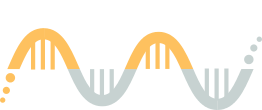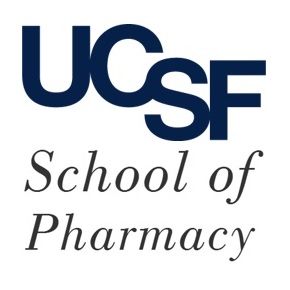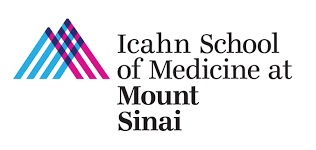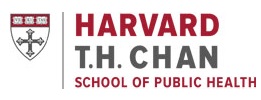Submitted by ja607 on
| Title | Identification of rare and common regulatory variants in pluripotent cells using population-scale transcriptomics. |
| Publication Type | Journal Article |
| Year of Publication | 2021 |
| Authors | Bonder, MJan, Smail, C, Gloudemans, MJ, Frésard, L, Jakubosky, D, D'Antonio, M, Li, X, Ferraro, NM, Carcamo-Orive, I, Mirauta, B, Seaton, DD, Cai, N, Vakili, D, Horta, D, Zhao, C, Zastrow, DB, Bonner, DE, Wheeler, MT, Kilpinen, H, Knowles, JW, Smith, EN, Frazer, KA, Montgomery, SB, Stegle, O |
| Corporate Authors | HipSci Consortium, iPSCORE consortium, Undiagnosed Diseases Network, PhLiPS consortium |
| Journal | Nat Genet |
| Volume | 53 |
| Issue | 3 |
| Pagination | 313-321 |
| Date Published | 2021 03 |
| ISSN | 1546-1718 |
| Keywords | Bardet-Biedl Syndrome, Calcium Channels, Cell Line, Cerebellar Ataxia, DNA Methylation, Gene Expression, Genetic Variation, Humans, Induced Pluripotent Stem Cells, Polymorphism, Single Nucleotide, Proteins, Quantitative Trait Loci, Rare Diseases, Regulatory Sequences, Nucleic Acid, Sequence Analysis, RNA, Whole Genome Sequencing |
| Abstract | Induced pluripotent stem cells (iPSCs) are an established cellular system to study the impact of genetic variants in derived cell types and developmental contexts. However, in their pluripotent state, the disease impact of genetic variants is less well known. Here, we integrate data from 1,367 human iPSC lines to comprehensively map common and rare regulatory variants in human pluripotent cells. Using this population-scale resource, we report hundreds of new colocalization events for human traits specific to iPSCs, and find increased power to identify rare regulatory variants compared with somatic tissues. Finally, we demonstrate how iPSCs enable the identification of causal genes for rare diseases. |
| DOI | 10.1038/s41588-021-00800-7 |
| Alternate Journal | Nat Genet |
| PubMed ID | 33664507 |
| PubMed Central ID | PMC7944648 |
| Grant List | U01 DK105541 / DK / NIDDK NIH HHS / United States DP3 DK112155 / DK / NIDDK NIH HHS / United States U01 HG007708 / HG / NHGRI NIH HHS / United States R01 DK107437 / DK / NIDDK NIH HHS / United States U01 HG010218 / HG / NHGRI NIH HHS / United States R01 HL142015 / HL / NHLBI NIH HHS / United States U01 HG009080 / HG / NHGRI NIH HHS / United States R01 DK116750 / DK / NIDDK NIH HHS / United States R01 AG066490 / AG / NIA NIH HHS / United States P30 DK116074 / DK / NIDDK NIH HHS / United States U01 HL107388 / HL / NHLBI NIH HHS / United States T32 LM012409 / LM / NLM NIH HHS / United States WT098503 / WT / Wellcome Trust / United Kingdom U01 HG009431 / HG / NHGRI NIH HHS / United States R01 HG008150 / HG / NHGRI NIH HHS / United States R01 DK106236 / DK / NIDDK NIH HHS / United States U01 HL107442 / HL / NHLBI NIH HHS / United States R01 DK120565 / DK / NIDDK NIH HHS / United States T15 LM007033 / LM / NLM NIH HHS / United States / MR / Medical Research Council / United Kingdom WT090851 / WT / Wellcome Trust / United Kingdom S10 OD023452 / OD / NIH HHS / United States / WT / Wellcome Trust / United Kingdom |





